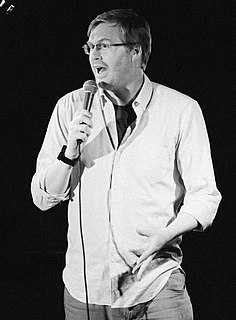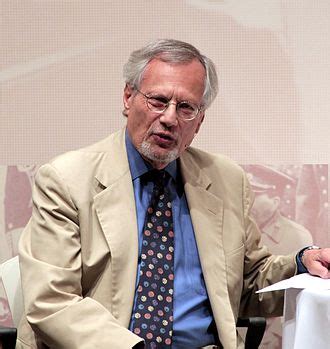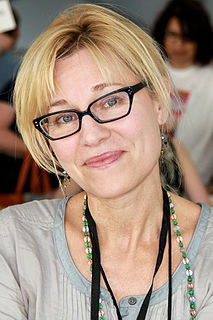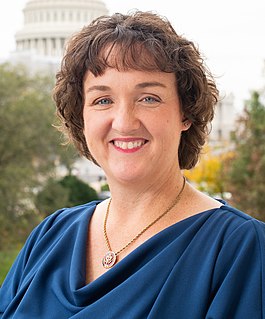A Quote by Philipp Meyer
I didn't know much about Texas when I moved there for graduate school. In my first or second semester, I took a class in life and literature of the Southwest, and that's where I first heard about these events along the border in 1915-1918, what Anglos called the Bandit Wars.
Related Quotes
I teach a 14-week semester, and one of the things I do when I have to teach literature is, for the first half hour of the class, I have the students write the beginning of a new story every week. At the end of the semester, even if they have learned nothing about literature, at least they'll have 14 beginnings that they can take with them.
Justin [Di Cioccio] was [at Laguardia School of Arts]. He later took over at Manhattan. But I knew Justin through the McDonald's band, which at the time I was finishing high school and starting college, I got involved with. I was not that heavily involved with the school at MSM my first year there. I took a semester off to start my 2nd year. Took classes I felt like taking during my third semester, but by the start of my third year, September of '86, they began the undergraduate jazz program and I joined that program.
There is first the literature of knowledge, and secondly, the literature of power. The function of the first is--to teach; the function of the second is--to move, the first is a rudder, the second an oar or a sail. The first speaks to the mere discursive understanding; the second speaks ultimately, it may happen, to the higher understanding or reason, but always through affections of pleasure and sympathy.
When I started graduate school we did this publishing class where we learned about submitting and read interviews with editors from different magazines. A lot of them said they got so many submissions that unless the first page stuck out or the first paragraph or even the first sentence they'll probably send it back. So part of my idea was that if I have a really good first sentence maybe they'll read on a bit further. At least half, maybe more of the stories in Knockemstiff started with the first sentence; I got it down then went from there.
In my first class at the University of Kentucky, my American Literature professor came in, and the first sentence out of his mouth was "The central theme of American Literature is an attempt to reconcile what we've done to the New World." wrote that down in my notebook, and thought, "What is he talking about?" But that's what I think about now. The New World and what we've done to it.
You know, your first album is about really amazing things. Your first album is always about coming of age, first love, first loss, usually you suffer a first loss of someone that you love to death, even, you know, really big life lessons, things you learn from your parents' divorce or from the travels that you took.
Right away, I knew I didn't want to have that look of other guys with long hair and bell-bottom pants, because everybody else had that look. I kind of adopted my boarding-school look, which made me stand out. Then the next thing you know, the first song on my first record is a song called "School Days." It's about going to the boarding school I went to. So then I just started to write about myself. The very first song I ever wrote was about a guy I met in a boatyard that we were working in. So I've always had this thing about sticking to more or less what I knew.






































